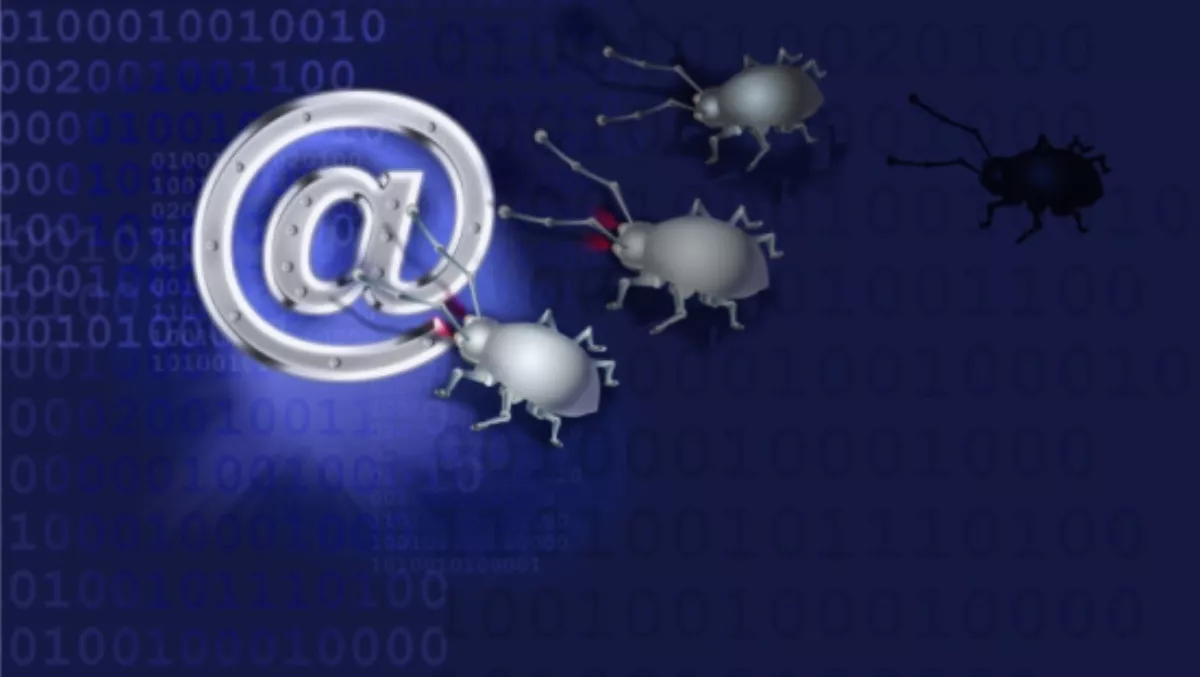
Hello and welcome to the first installment of TechDay's Top 10, a daily feature offering tips and advice across a wide range of issues within the tech world.
This week we start the first of five weekly articles showing you how to be safe online.
Tune in every Monday at 2pm for advice on how to avoid cyber attacks, viruses, identity theft and all the other demons lurking on the worldwide web.
You may think you've heard it all before, but with cybercrime still on the rise maybe you require a refresher...
1. Being a responsible cyber citizen
For anybody using the internet, the rules of the online space are there to be acknowledged, adhered to and respected.
Online etiquette could be the one thing that prevents your private details falling into the hands of some unruly scammer, so understand the world you are operating in and act accordingly.
Every website you visit, link you click or page you share is 100% your responsibility. Long gone are the days were people play dumb about the powers of the internet as there is enough information circulating online allowing users to make informed decisions when browsing.
As this five-part feature will show, there are many ways to stay safe online, but researching and being aware of such measures lies solely with the user. There is only so much information and advice can work without full appreciation of the reasons behind it.
Without being responsible and taking ownership of your online behaviour - you risk leaving yourself wide open to potentially harmful attacks.
2. Use antivirus software
The potential to expose your computer to malware (malicious software) threats are greater than ever before with the advent of high speed internet.
While the internet primarily functions as a helpful and convenient place for users to go, the very nature of the online world poses threats to your computer that can be time-consuming, damaging and difficult to remove.
Most users display a relatively lax attitude to antivirus, seeming to be content with any old software on their computer. But such token gestures is exactly the reason why cybercrime is on the rise - as any computer and internet user, irrelevant of their browsing preferences, need to have the latest antivirus software programs installed on their computers.
Antivirus software scans files looking for virus definitions which match a virus dictionary. Subsequently if a matching virus is found the software alerts the user about the virus allowing appropriate action to be taken.
That said, don't feel obliged to spend a fortune on antivirus when there are certain free software programs available that users can safely install and operate on their computers.
Software providers such as McAfee and Norton are respected within the industry but a little research online could help you understand which is best for you, your budget and your online needs.
For the next installment visit TechDay on Monday.